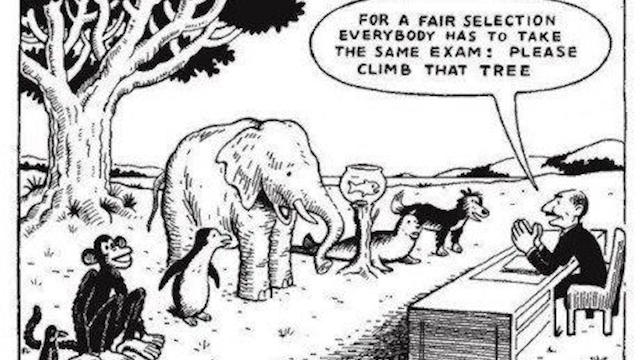While at times I found it frustrating and, to be honest, a bit overwhelming, this class and the work we have done in the class gave me an "end of the year" outcome that I never planned to have. I did not only regain an appreciation for the English subject in an educational institution, but I regained my ability for deep comprehension of literature and connecting that to myself and my own emotions, thoughts, and perceptions; something I had ditched trying long ago. Furthermore, I developed an ability to critically think and to push myself to be as open minded and insightful as possible in ways that I haven't before. I began entering into intellectual debates with others in the outside world and was able to prevent myself from being seemingly ignorant in many fashions through my use of making clear and concise points with detail and also an extended use of vocabulary.
Professor Brady taught me that literature is for more than just in a classroom and to get graded on trivial quizzes or typed up essays; it is for the outside world we all currently live in and will continue to thrive in. This class has taught me that everything intertwines in life, and literature and a deep understanding of it will help us to develop ourselves sufficiently mentally to help us understand and deal, for lack of a better word, with life and all the beautiful things and all the horrific things that come with it. This world is more than just you and I, or those sitting in a classroom; and those who are ignorant to the omnitude (in other words, the whole enchilada) of the world that surrounds them will inevitably fade into oblivion.
To conclude my very last and final words ever to be typed for this class, I want to thank Professor Brady for introducing me into an entire new perspective and reminding me that it does not do to live in one's own bubble; although easier, it is never wise. Humanity is complex and sometimes we get bruised and scarred when we're forced to hurdle through obstacles, but if you realize that we are all in this game together and all facing the same inevitability, it makes the journey a whole lot easier. To live inharmonious with one another means to live inharmonious with one's self; solidarity really is key. We should not turn on one another but instead help each other; life is not easy for anybody no matter what they are struggling with and as the saying goes, "we're all in the same game just different levels; dealing with the same hell just different devils"(Big D). So with that said, it is up to every individual to help pick them up and continue on this never ending marathon. And besides, you never know if it is you that needs to be helped up.
Thanks for a great semester, Brady!


